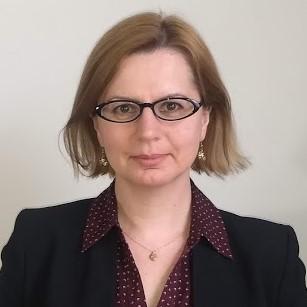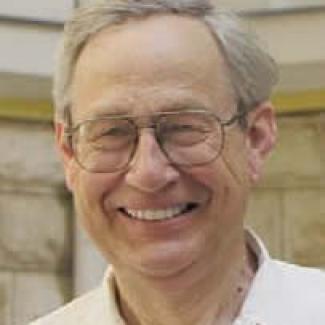The Open Book Collective: Sustainable Futures for Open Access Monographs
Lidia Uziel
The Open Book Collective (OBC) is an international partnership and a collective of open access (OA) publishers, infrastructure providers, libraries, and other non-profit organizations. Its mission is to create a new OA book publishing ecosystem that is equitable, community-governed, and built on sustainable business models and community-owned infrastructures.
The session will present the OBC’s community-led governance structure and highlight the project's principal challenges in reshaping the larger open knowledge ecosystem. It will also include a discussion of strategic partnerships focused on amplifying bibliodiverse and equitable community-led approaches and expanding critical infrastructures for OA monograph publishing.
This seminar will be held both online & in person. You are welcome to join us either in South Hall or via Zoom.
For online participants
Online participants must have a Zoom account and be logged in. Sign up for your free account here. If this is your first time using Zoom, please allow a few extra minutes to download and install the browser plugin or mobile app.
Speaker
Lidia Uziel is associate university librarian for research resources and scholarly communication at the University of California, Santa Barbara. She is the chair of the board of stewards of the Open Book Collective and was actively involved in the Community-Led Open Publication Infrastructures for Monographs (COPIM) project. Prior to the University of California, Santa Barbara, Lidia held several leadership positions at Harvard and Yale University libraries.
Lidia holds a doctorate in comparative literature received in cotutelle from the University of Montreal and Jean Moulin Lyon 3 University, a Master of Comparative Literature from Jean Moulin Lyon 3 University, and a Master of Library and Information Science from the University of Montreal. Her current research is in digital knowledge management, including the intersection of scholarly communication, libraries, and digital humanities/computational projects.












